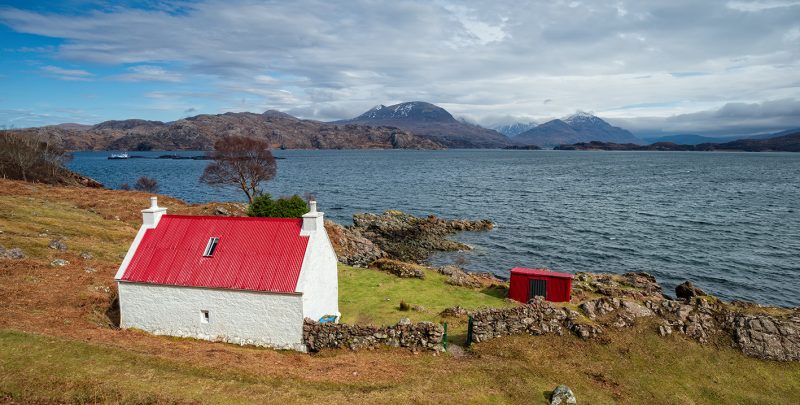The Impact of Second Homes and UK Holiday Homes on Communities
The growth in the amount of disposable income over the last 20 years, achieved by homeowners in the UK has been considerable. As a result many people have purchased second homes to act as a UK holiday homes both here in Britain and in other European popular destinations like Spain and France and Portugal. Britain has fantastic countryside and traditional seaside resorts and scenery that have attracted hundreds of thousands of a people to purchase second properties using the equity they have amassed in their own homes and their disposable income, as the economy has strengthened during the last 10 to 20 years. This has led to house price growth... The amount of land available for new building holiday properties is under immense pressure and at the same time the number of traditional cottages is finite.
Here in the UK, the continued rise in property prices has had some negative effect on local villages and communities popular holiday destinations such as Devon, Cornwall, the Lake District and the New Forest. Residents of these largely rural communities (which rely heavily on tourism from holiday makers) are finding it increasingly difficult to get onto the property ladder because of huge demand for holiday homes pushing up the overall price of property out of their reach. In some extreme areas this has created resentment and bitterness as locals cannot afford to buy property in their own village and they have been indirectly forced out of their own area to look for cheaper property elsewhere.
The problem is widely recognised among local communities, councils and housing authorities. Some local councils have actively sought to intervene to stop holiday home usage. For instance, they have sought to restrict the usage of the property in it's local planning guidelines for people that have not lived in the area for a fixed time as well as influence local planning guidelines. Recent proposals by new forest district council to increase the level of council tax above the standard 90 per cent rate for second homes left unoccupied, is currently being considered. The government has also signalled that it may change the law to give councils more flexibility to adjust it's own council tax rates to reflect the needs to balance the local economy with the volume of holiday homes in it's area. In addition, major new national housing reform is being introduced to bring three million new affordable homes to the UK by 2020, particularly for key workers and first time buyers.
The wider economic impacts on local people migrating from their local town has knock on effects for the economy. Without affordable accommodation key workers have a to migrate away from the local area. Businesses and local services are also on the decline us local people who run these small businesses also cannot afford can to purchase property. The huge decline in some villages in South Wales is a notable example where areas have been left unoccupied as holiday homeowners have left them for the winter. The fact they are left empty for most of the year means spoilt the traditional community feeling and spirit between the old villages that used to rely on coal and industry with strong history and bonds, is now dependant upon tourism from people who do not live there or only visit a few weeks a year. Another obvious example is the Lake District where an amazing 50% of homes in the village of Berwick are empty throughout the year.
The problem looks set to continue as more and more of us seek second homes to escape the pressure of a modern lifestyle.

























